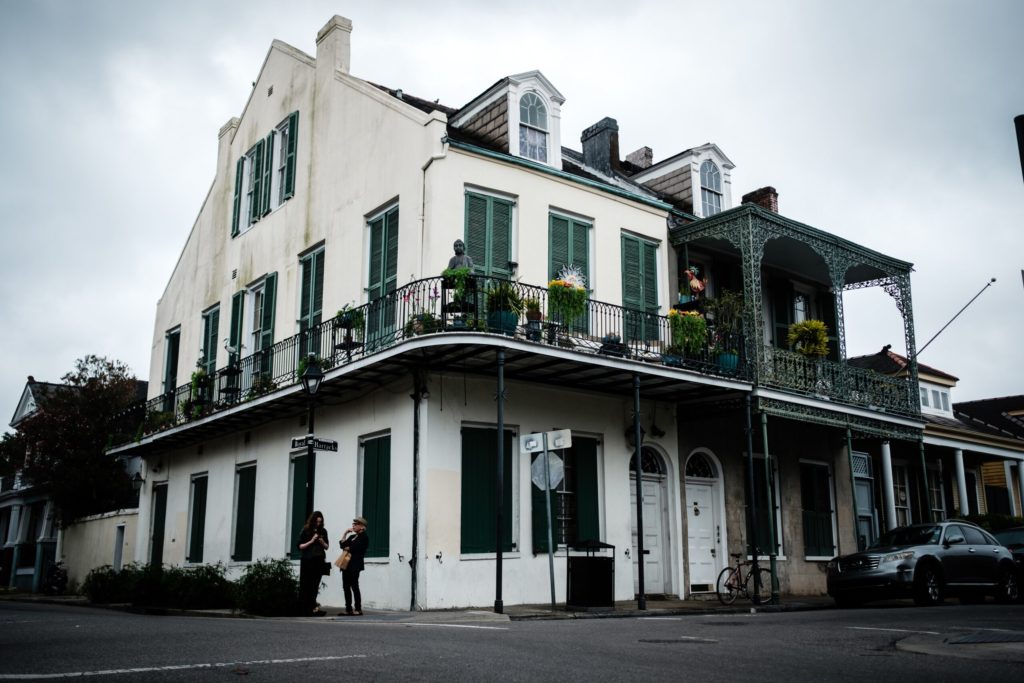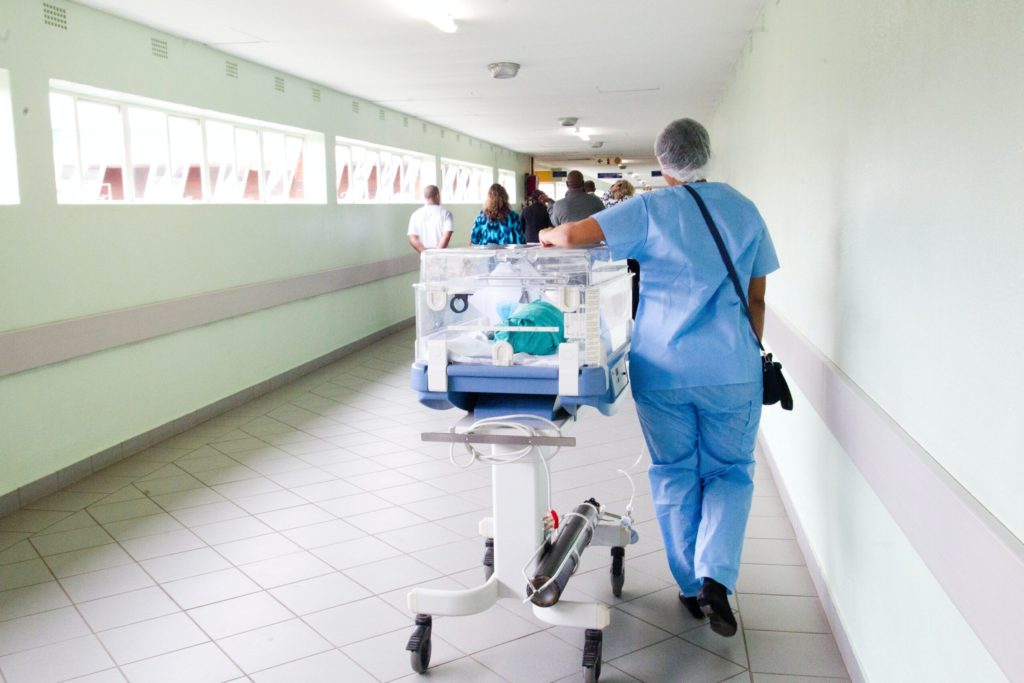
Building Intergenerational Wealth in the Black Community
In 2020, New Orleans marks the 15th anniversary of Hurricane Katrina and the 10th anniversary of the BP oil spill. From each disaster, the city has rebuilt, but Black residents have been largely left behind, with six times as many Black households living in poverty as white households. These economic... Read more

Targeting Health Inequities for Black Residents
The New Orleans Health Department (NOHD) recently conducted a comprehensive community health assessment to gain an inclusive picture of the health status of residents. The assessment revealed five main social determinants of health — crime and violence, insufficient infrastructure, unhealthy environments, lack of jobs and fair wages, and low-quality and... Read more
